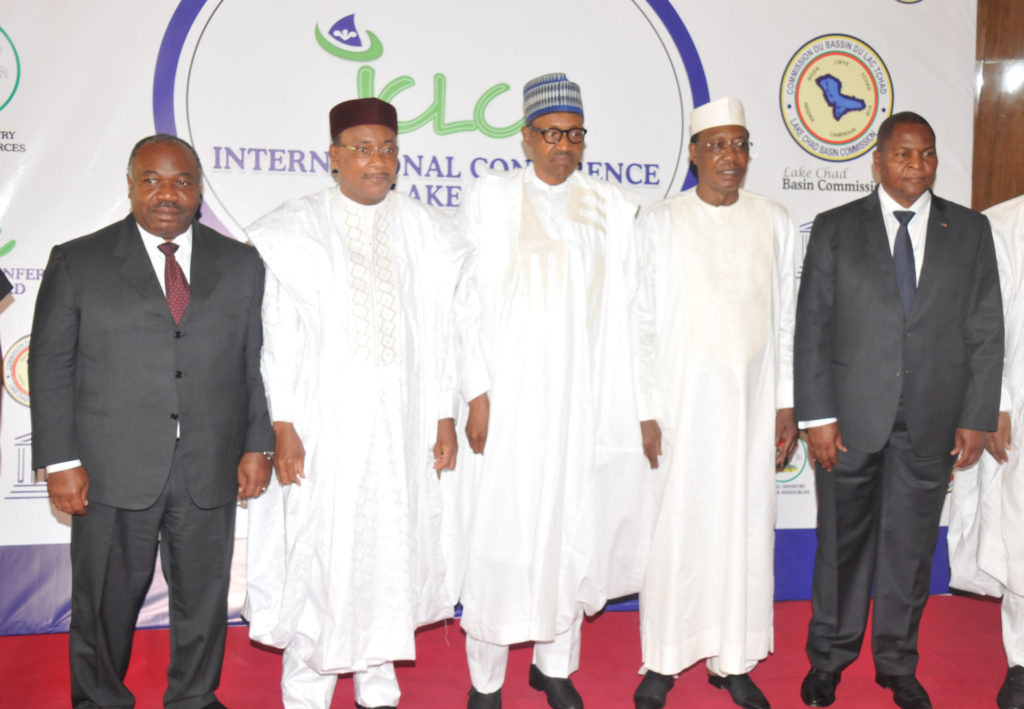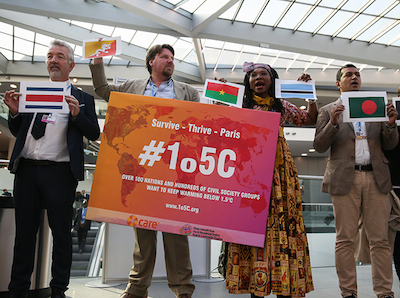
The Italian Government has pledged 1.5 million Euros to support the feasibility study of water transfer from the Congo River to the Lake Chad basin.
Mr Stefano Pontesilli, the Italian Ambassador to Nigeria, announced the pledge during the High-Level Session of Presidents of the Lake Chad Basin Commission (LCBC) meeting of member states on Wednesday in Abuja.
According to Pontesilli, Italy is concerned about the humanitarian crisis revolving around the Lake Chad shrinkage, and “there is the need for immediate attention’’.
He said the Lake Chad basin Water transfer was an opportunity to restore its potential.
He said that Italy was ready to partner with the proposed “Transaqua Project” to see the success of the water transfer.
The Lake Chad replenishment project, codenamed ‘Transaqua’ is a proposed major water diversion scheme that would involve damming the Ubangi River at Palumbo in the Central African Republic
It also involves channelling of some of the water to Lake Chad through a navigable canal.
The Ambassador recalled that the conduct of the feasibility study was awarded to a Canadian firm, CIMA International, which began work Oct. 13, 2009 for 28 months.
He expressed hope that the Ubangi-Lake Chad Inter-Basin Water Transfer project would be technically feasible and economically viable with the Trsnsaqua project.
Earlier, some African leaders pledged to support all programmes and policies to solve the humanitarian needs of the Lake Chad area.
President of Gabon, Ali Bongo, said restoring the Lake Chad was a dear project that should be vigorously pursued for the betterment of the lives of those in the region.
He said this commitment was evident in the establishment of a monitoring system for water losses through the help of the Gabonese Space Agency.
Bongo said his country had developed the adaptation to strengthen climate action to reduce the impact of climate change on the Lake basin region.
Pontesilli commended the African Development Bank (AfDB) for financial support to the region, calling on other member-states to support the Africa of their dream.
Dr Muhammad Ibn-Chambers, who represented the UN Secretary-General, Antonio Guterres, expressed sadness over the environmental tragedy that has led to violent extremism.
He said the recent abduction of Dapchi schoolgirls was a matter for regret, saying that in spite of efforts of the multinational joint task force to maintain security, there were still skirmishes of abduction.
Guterres pledged the commitment of the UN to work with the LCBC, Africa and international partners to change the narratives of the Lake Chad region.
He called on all African countries to take decisive actions to save the basin and foster regional integration and economic cooperation
The three-day conference was attended by Presidents Muhammadu Buhari, Mahammadou Issoufu of Niger Republic, Idriss Debby of Chad, Faustin-Archange Touaderae of Central African Republic and Ali Bongo of Gabon.
In 1992, a decision was taken to develop a master plan for the Lake Chad basin to include the establishment of an environmentally sound management of the natural resources of the conventional basin.
The feasibility study for the water transfer from the Congo basin to the Lake Chad was the second priority project selected for implementation by the LCBC.











